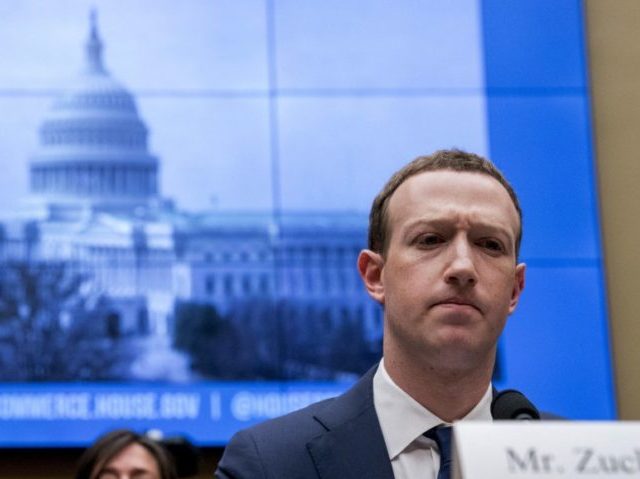The New York Times published an article recently in which one of its writers describes his experience after deleting Facebook last year.
In an article titled “I Deleted Facebook Last Year. Here’s What Changed (and What Didn’t),” New York Times writer Brian X. Chen describes his experience online since deleting Facebook five months ago. Chen continued to use email and messaging apps to remain in contact with his friends and family. At first, he didn’t notice much of a change to his online experience, but soon Chen noticed a change to the advertisements he was seeing online.
Chen writes:
My friends and I continued making plans over email and messaging apps. So did my family. Same old, same old.
There were some differences, though — including some strange experiences with online ads. Facebook has long used information that it collects on its users to target people with the most relevant ads. So after a few months of deleting the social network, I began seeing random ads pop up on sites like Instagram (which Facebook owns). Among them: promotions for women’s shaving products, purses and bathing suits.
Instagram might have started thinking I was female, but my wallet thanked me. I realized I was spending considerably less money on my usual guilty pleasure of buying clothing and cooking gadgets online because I was no longer seeing the relevant Facebook ads that egged me on to splurge. Over the past five months, my online shopping purchases dropped about 43 percent.
Chen found that despite amassing a Facebook friends list of over 500 users, he didn’t miss many of them after leaving the platform. Some stayed in touch via messaging apps and emails while the others were in little contact with him anyway:
In my real life, I have about 20 friends I talk to on a regular basis. So when I finally deleted Facebook, the fallout was underwhelming.
Those same friends kept in touch over iMessage, Signal or email. We still get dinner or go to the movies together. I can think of one friend who exclusively used Facebook Messenger to communicate — we email now and talk less than we used to, but when we meet in person we are as close as we always were. And I can’t remember the last time I attended an event that I was invited to via Facebook, so I never had a case of FOMO.
I can also tell you what I absolutely don’t miss about Facebook: the people who frequently posted online quizzes, political news stories or their thoughts about current events on the site. Occasionally, there were funny or interesting posts, but ultimately most were time wasters.
Recently, I also started reading more books. Could it be because I’m no longer expending my energy reading Facebook?
Chen also found that advertisers found it harder to track him across the web:
When you browse sites outside Facebook, the company can still track your browsing activity to help brands serve you targeted ads. After visiting a website for a pair of shoes, for example, you might see an ad for those shoes — or similar ones — when you go to another site.
The social network uses a variety of approaches to collect information about web users. One involves Facebook pixel, an invisible tracker that brands can embed into their websites. When you load a website for a brand, Facebook pixel sends information about the device and its browsing activities back to the company. The social network can then use that information to help brands target you.
When I deleted Facebook, I wanted all of that ad targeting to go away. So not only did I erase my Facebook account, I also installed tracker blockers on my computer browser and mobile devices to prevent advertisers from using web cookies and invisible tracking pixels like Facebook’s. (For instructions on how to shake ad targeting more thoroughly, see this previous column.)
Overall it seems that Chen found very few downsides to leaving Facebook and a few benefits. The sudden drop in targeted advertisements also provides an insight into just how thoroughly Facebook tracks users across the web. Read the full report in the New York Times here.
Lucas Nolan is a reporter for Breitbart News covering issues of free speech and online censorship. Follow him on Twitter @LucasNolan or email him at lnolan@breitbart.com

COMMENTS
Please let us know if you're having issues with commenting.